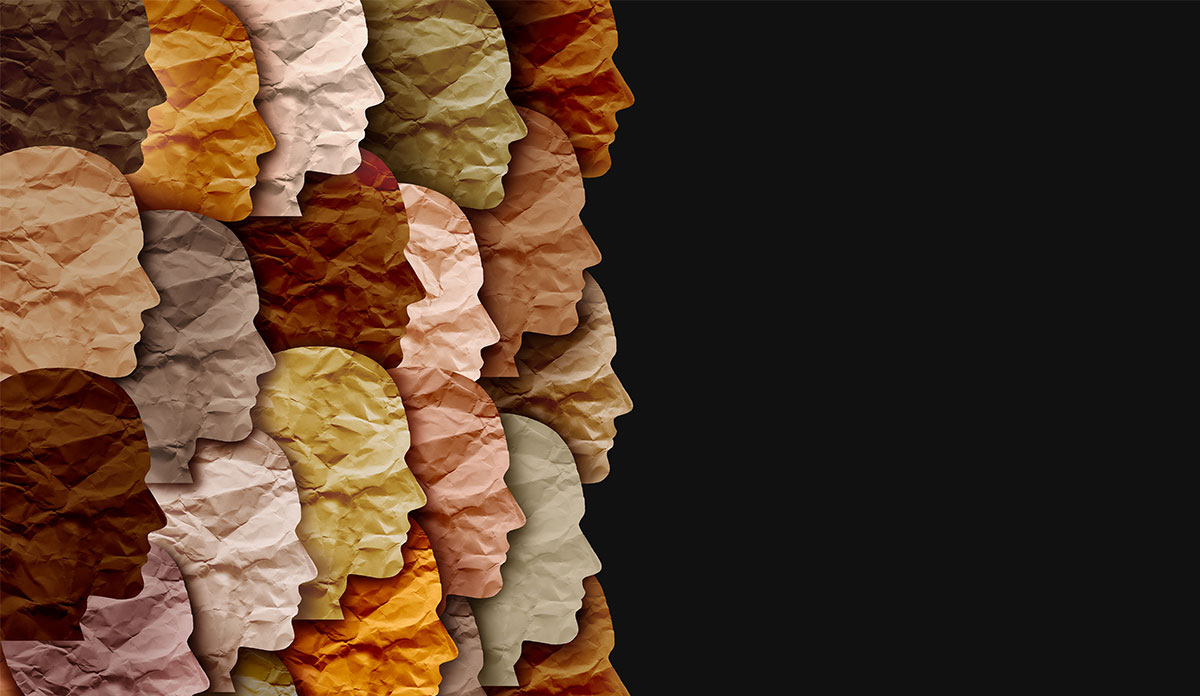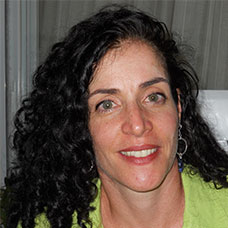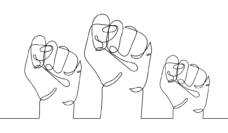The disproportionate death from Covid-19 in communities of color — especially Black/African Americans, Latinx, and American Indian/Alaska Native (AI/AN) populations — has exposed deep health disparities and structural inequities in the US. Yet mortality is only part of the picture. It does not account for individuals whose race or ethnicity was misclassified or improperly recorded in death certificates (common among AI/AN, Asian, and Pacific Islander populations). It also does not account for those who were sick with Covid-19 or for “long haulers”— again, disproportionally high among people of color.
It is easy to point a finger at our health care system. The US is the only democracy in the world that neither offers universal access to health care nor views access to care as a basic right. The US health care system is notorious for being inaccessible and unaffordable to many, including those who have health insurance. The prevalence of uninsured or underinsured individuals is disproportionately high among communities of color. But the health care system is only a microcosm of the larger problem: the numerous structures in place that have direct and indirect impact on health outcomes among communities of color.
A history of slavery, displacement and colonization provides fertile ground for bias and discrimination. It has been maintained and reinforced by policies that normalize segregated environments — from wealth and finance, to education, employment opportunities, housing, transportation and criminal justice. This combination of racist history and current practice is also a root cause of the disproportionate impacts of Covid-19. So much so that leading national medical organizations including the Centers for Disease Control and Prevention, the American Public Health Association and the American Medical Association have recently declared structural racism as a public health emergency.
To help this process we propose establishing a Truth and Reconciliation Commission (TRC) to investigate health care systems and health outcomes.
With this contemporary history in mind, the question of how to reckon with the past is critical for moving forward.
To help this process we propose establishing a Truth and Reconciliation Commission (TRC) to investigate health care systems and health outcomes. TRCs are not new, and have been particularly associated with South Africa in the aftermath of its apartheid regime. Although the scope of TRC mandates vary, such commissions are generally charged with the tasks of collecting evidence about historical wrongdoing and creating processes for restorative justice.
More recently, TRCs have emerged through grassroot mobilization and with an effort to assure investment in human security (for example, in Canada). A TRC can be equally useful in the US where discrimination against certain populations is ingrained throughout socioeconomic and political structures.
The characteristics of a TRC can respond to these challenges. First, many white people may be unaware of the depth of suffering among communities of color, or of the agony experienced by health care providers forced to implement unjust policies. Hearing victims’ testimonies about experiences of oppression in health care and intersecting unequitable socioeconomic structures that result in worse health outcomes can raise awareness, assure official documentation of these experiences and facilitate understanding of the need for change.
Second, as a society, we need to identify where and how seemingly neutral policies have harmed communities of color, and the processes to remedy the disparities. A future-looking TRC will serve this goal well if it is authorized to make in-depth assessment and provide actionable steps forward.
Third, a TRC signifies a formal stand against the constant cycle of incitement, scapegoating and violence, and can begin a process through which social justice and healing can emerge. As experiences in other atrocities have shown, acknowledgement of wrongdoing and supports for recovery are essential for growing out of human-made suffering.
The US democratic premise is at stake. And, the conversations that need to be had are conceptually and emotionally difficult. The road ahead is long. But investment in human security and development is the bedrock of modern democracies. The US government needs to lead the way to rectify historical and contemporary wrongs.
Acknowledgement
We gratefully acknowledge our colleagues and co-authors on the manuscripts: Mary Jackson Scroggins, Alicia Santiago, Alma McCormick, Kimberly Jacoby Morris, Christina R. Daulton, Carla L. Easter, and Gwen Darien. Maya Sabatello’s work was supported by NHGRI/NIH’s Office of the Director (OD) grant R01HG010868. The views expressed in this article are the authors’ and they do not represent the views of the NIH, HHS or the US Government.















